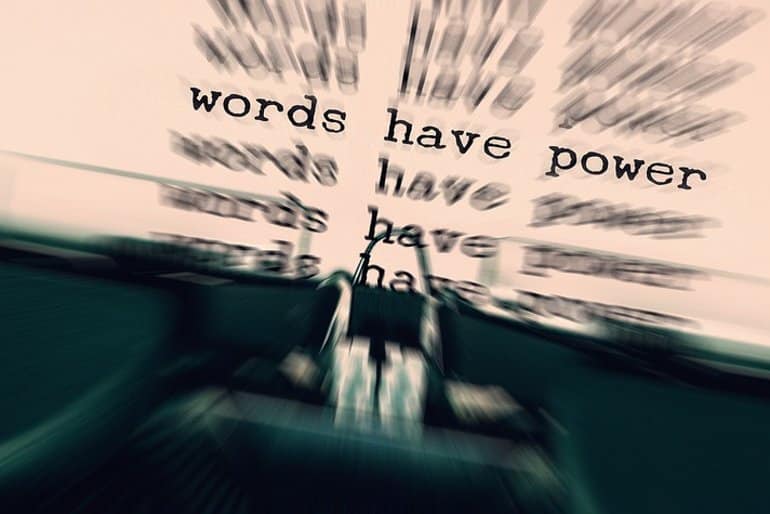Summary: Researchers say profanity is a more powerful and entirely different form of communication, evoking differences in emotion, compared to regular language use.
Source: Keele University
Swearing is an entirely different and “more powerful” form of communication than regular language use, researchers have suggested.
Psychologist Dr. Richard Stephens of Keele University, along with colleagues from the universities of Ulster, Westminster, and Södertörn in Sweden, conducted a major review of more than 100 pieces of academic research, all of which discussed or researched the power of swearing.
Their findings have been published in the journal Lingua.
The existing research they reviewed highlights that swearing has a multitude of physiological, cognitive, emotional and interactional effects. Dr. Stephens’ own work, for example, has highlighted that it can be a useful tool for helping people deal with pain, and improve their performance during exercise.
Other research by the authors has shown an array of specific interpersonal effects; from aggression and offense to humor, trust and social bonding.
The study team now want to find out what it is about swearing specifically that creates these effects. From their review, they found that very little is currently known about what makes this form of communication different from and so much more “powerful” than regular language use.
Dr. Stephens said, “If you ask most people to explain the power of swearing, they will probably give answer consistent with what we call the ‘soap and water’ hypothesis. The idea is people have some kind of childhood experience of being chastised by an adult for swearing, and the idea then is that the memory for this unpleasant encounter stays with the person and is forever associated with swearing.
“Unfortunately, the evidence for this in the current research is weak, so the jury remains out on the question of where swearing gets its power from.”

Lead author Dr. Karyn Stapleton from the University of Ulster added, “Our review brought together studies from a wide range of fields—including linguistics, psychology and neuroscience—to try to understand how swearing differs from other forms of language use.
“Basically, we found that swearing does things that other language does not! We know that these effects do not come from the words themselves, a swear word in an unfamiliar language will seem just like any other word and will not produce any of these outcomes.
“A lot of the social impact of swearing comes from its potential to cause offense—but this does not explain how it acquires such profound physiological, emotional and cognitive significance for individuals.”
About this emotion and language research news
Author: Press Office
Source: Keele University
Contact: Press Office – Keele University
Image: The image is in the public domain
Original Research: Open access.
“The power of swearing: What we know and what we don’t” by Karyn Stapleton et al. Lingua
Abstract
The power of swearing: What we know and what we don’t
Swearing produces effects that are not observed with other forms of language use. Thus, swearing is powerful. It generates a range of distinctive outcomes: physiological, cognitive, emotional, pain-relieving, interactional and rhetorical. However, we know that the power of swearing is not intrinsic to the words themselves.
Hence, our starting question is: How does swearing get its power? In this Overview Paper, our aim is threefold.
(1) We present an interdisciplinary analysis of the power of swearing (‘what we know’), drawing on insights from cognitive studies, pragmatics, communication, neuropsychology, and biophysiology. We identify specific effects of swearing, including, inter alia: emotional force and arousal; increased attention and memory; heightened autonomic activity, such as heart rate and skin conductance; hypoalgesia (pain relief); increased strength and stamina; and a range of distinctive interpersonal, relational and rhetorical outcomes.
(2) We explore existing (possible) explanations for the power of swearing, including, in particular, the hypothesis that aversive classical conditioning takes place via childhood punishments for swearing.
(3) We identify and explore a series of questions and issues that remain unanswered by current research/theorising (‘what we don’t know’), including the lack of direct empirical evidence for aversive classical conditioning; and we offer directions for future research.






